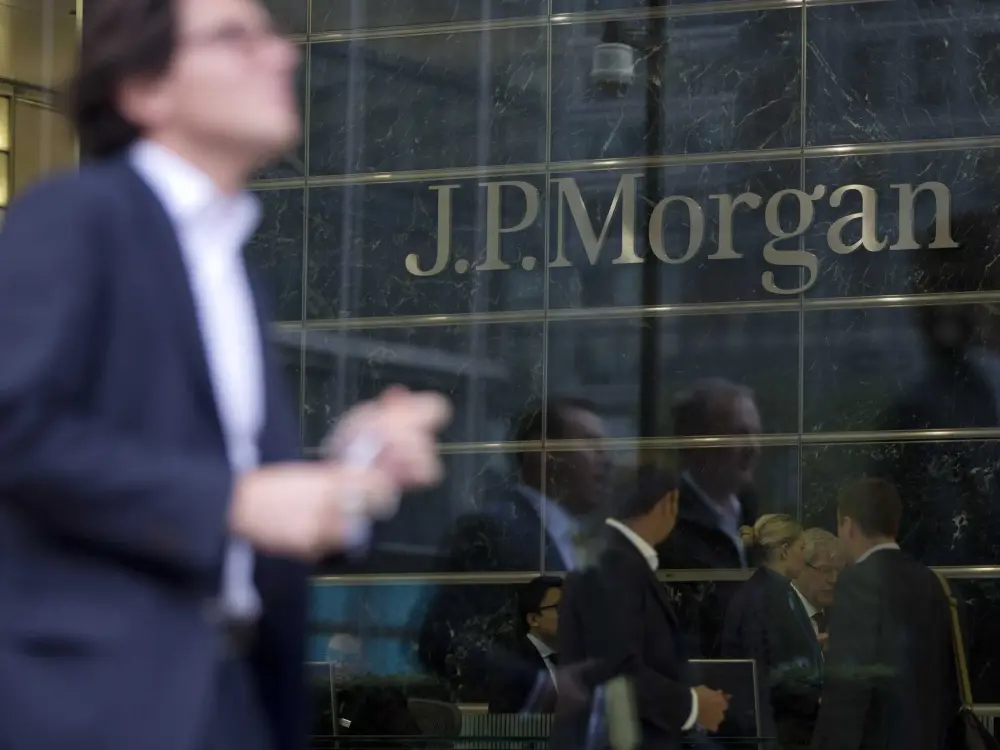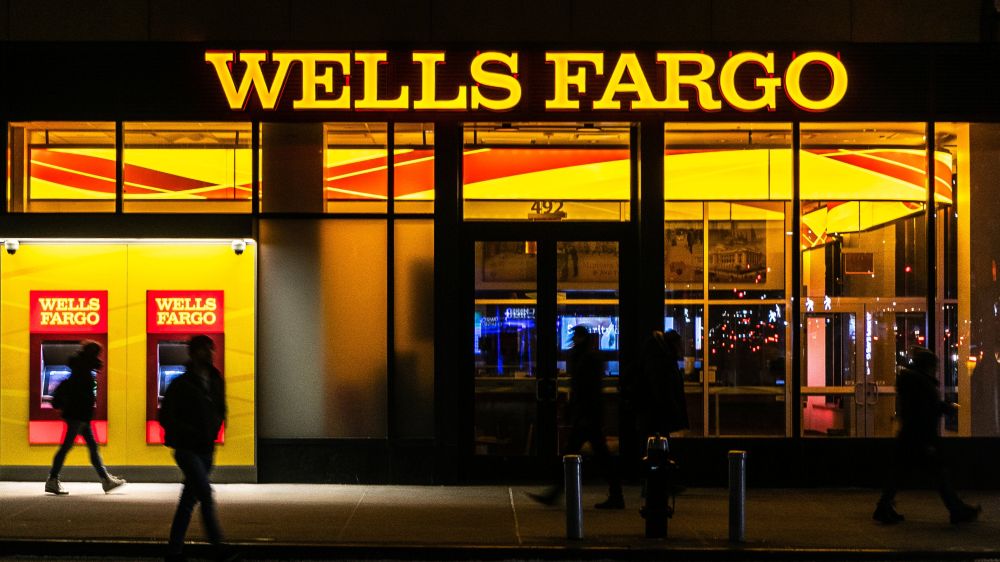The second quarter of 2023 saw America’s banking giants celebrate impressive financial results, exceeding analysts’ expectations and showcasing robust performance across various sectors. JPMorgan Chase, Wells Fargo, and Citigroup all reported significant revenue increases, fueled by factors like investment banking fees and strategic acquisitions. The positive news painted a picture of a thriving financial sector, seemingly unfazed by whispers of economic uncertainty.

However, beneath the surface of these glowing reports lies a more complex narrative. All three institutions acknowledged a concerning trend: signs of strain on the consumer side. Credit card losses are mounting, charge-offs are increasing, and executives are noting a distinct shift in the financial stability of lower-income households. The culprit? A combination of persistent inflation, rising interest rates, and a potential cooling of the post-pandemic spending spree.

While some financial experts, including JPMorgan Chase CFO Jeremy Barnum, remain optimistic, characterizing the current economic climate as a “soft landing,” the warning signs are difficult to ignore. The increase in provisions for credit losses, often exceeding analysts’ predictions, suggests a degree of caution and a recognition that the financial well-being of many Americans might be more precarious than overall economic indicators suggest.

The coming months will be crucial in determining whether these early warning signs develop into a full-blown crisis or if the economy can achieve the much-discussed “soft landing.” For now, the financial health of American consumers hangs in the balance, a stark contrast to the celebratory headlines of record bank profits.

#Banking #Economy #ConsumerDebt #CreditCards #Inflation #Recession #FinancialHealth #EarningsReports #WallStreet #Finance
